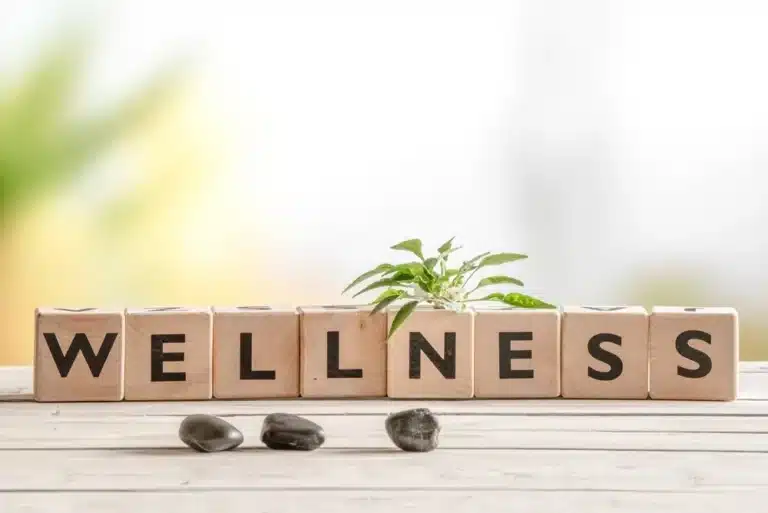When a person is struggling with addiction, they are likely to cause suffering to those closest to them. Finding out that someone you care deeply is abusing alcohol or drugs can be heartbreaking. You may feel confused, hurt and angry. Most of all, you will feel overwhelmed. You don’t know what to say, what you can do to help or even where to start.
While there is no magic remedy for addiction, you need to keep in mind that recovery is possible, and there are a few things you can do to help your loved one get there.
Know the Signs
Many of the symptoms of addiction are internal experiences. However, there are some signs that may be evident to others, such as:
- Looking sluggish, tired and unwell, as well as sleeping at irregular hours or for longer
- Struggling to keep up with school or job responsibilities
- Neglecting their appearance and hygiene
- Stealing money and valuables or getting into debt to pay for drugs
- Getting angry or lashing out whenever they are questioned about substance abuse
- Withdrawal symptoms whenever social obligations prevent them from accessing the substances they are addicted to
Note that people who develop addiction are likely to behave differently when they are intoxicated compared to when they are sober. They may say or do hurtful things or be prone to risky behaviors like driving while intoxicated, causing a lot of concern and fear to those closest to them.
Don’t Ignore the Problem
Most people never imagine that someone close to them will develop an addiction, so it can be very difficult to accept when it happens. Your initial response may be simply ignoring the signs listed above, minimizing the severity of their addiction, or making up excuses for them.
You try to tell yourself that “it’s not that bad” or that they’re behaving like this because they’re going through a rough patch, and soon it will pass. Although these thoughts may be comforting in the beginning, you’re not doing them or yourself any favors because addiction is a progressive disease, so they are likely to get worse if they don’t receive the help they need.
Know the Difference between Support and Control
It’s important to keep in mind that nobody ever decides to be an addict. Addiction is not a choice. It’s a compulsion. The brain’s reward centers are affected by long-term substance abuse, so they cannot stop abusing alcohol or drugs even if they want to.
Watching someone you love unravel like that can be extremely difficult, so you may be tempted to try to blame them, give them ultimatums, and force them to get into rehab because you’re angry at how their behavior affects both their life and yours.
But tough love doesn’t really work with addiction. A better strategy is to learn more about the mechanism behind it. Depending on your location, you can search, for example, Los Angeles Drug Rehab and speak to a dedicated treatment provider. They can give you more information about treatment options, help you understand how to plan an intervention, set boundaries, as well as help you get in touch with support groups, so you also get some help in dealing with how you feel right now.
Although you cannot and should not force them to get help, you are someone they care about, so you hold a great deal of influence. Even just sitting down and speaking to them about your concerns in a calm way, without looking down on them, can be a powerful way to show that your intentions are good, you love them and want to help them on their path to recovery.












